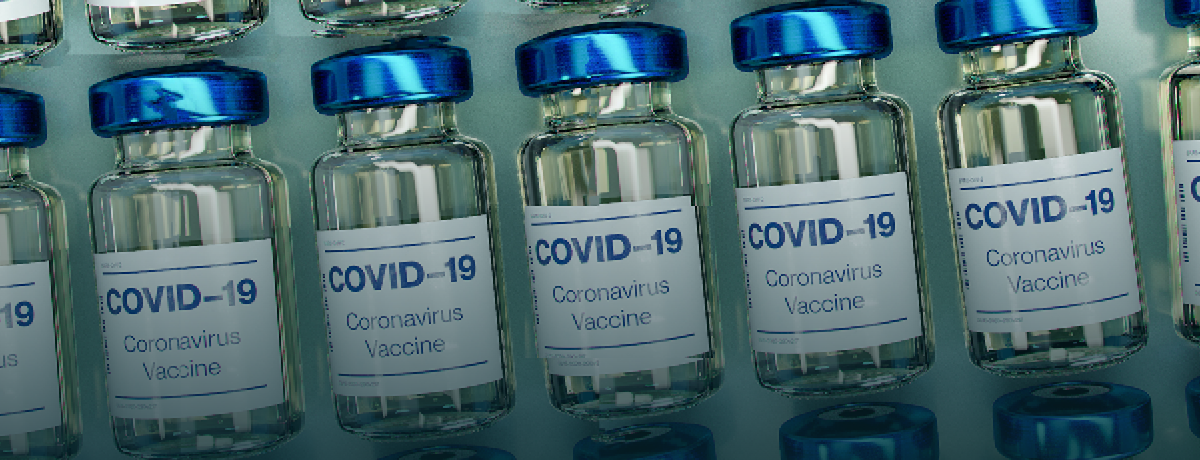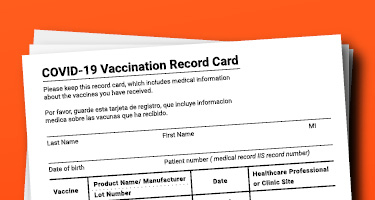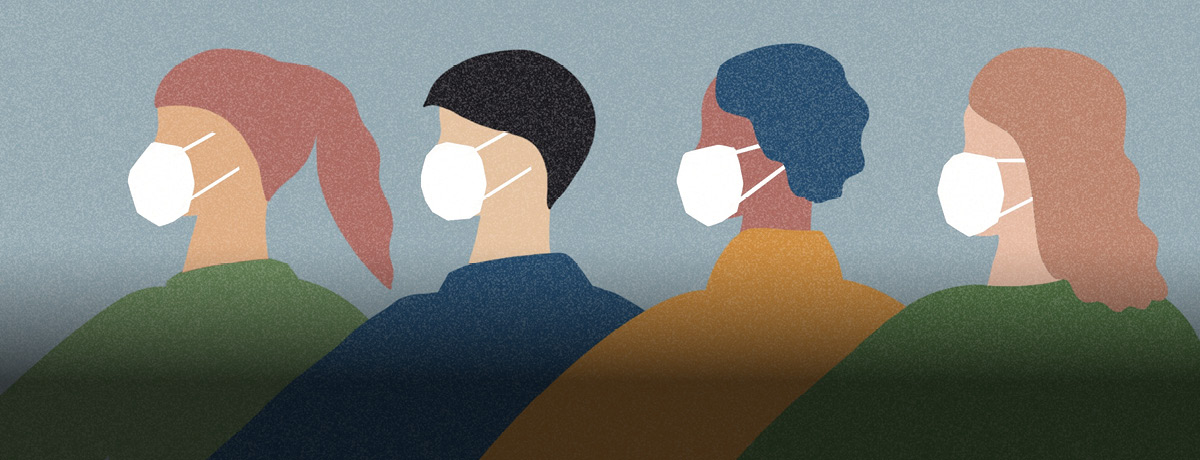Employers may require employees to get a COVID-19 vaccine as a condition of employment, subject to limited exemptions, which are outlined below.
Religious Beliefs – Employees may request an exemption from a mandatory vaccination requirement based on their religious beliefs. Title VII of the Civil Rights Act covers protected groups, including those with religious beliefs. Employers must provide accommodations for employees with “sincerely held” religious beliefs.
Disability – Employees may also request an exemption from a mandatory vaccination requirement based on a disability. If employees have a qualifying medical reason to not get a vaccine, employers must accommodate such requests under the Americans with Disabilities Act (ADA).
In these situations, employers and employees should work together and sufficiently communicate to determine whether a reasonable accommodation can be made. When considering an accommodation, employers should evaluate:
- The employee’s job functions.
- How important it is to the employer’s operations that the employee be vaccinated.
- Whether there is an alternative job the employee could do that would make vaccination less critical.
Because exceptions must be made in certain circumstances, if an employee refuses to be vaccinated, employers should endeavor to find out why.
If employers are hesitant to implement mandatory vaccines, they can alternatively strongly suggest the vaccine and focus on steps they can take to encourage and incentivize employees to get vaccinated. Such incentives could include:
- Make obtaining the vaccine as easy as possible for employees.
- Cover any costs that might be associated with getting the vaccine.
- Provide paid time off for employees to get the vaccine and to recover from any potential side effects.
It is important to note that so far, the COVID-19 vaccines by Pfizer, Moderna and Johnson & Johnson are available through the Food and Drug Administration’s “Emergency Use Authorization” process, which is a streamlined way to provide vaccines during a public health crisis, such as the COVID-19 pandemic. None of the COVID-19 vaccines have yet received full approval from the FDA although they have started taking the steps to go through the formal process to receive full FDA approval for use.
The emergency use status of the vaccines has caused hesitancy for many employers as they determine whether or not to mandate employee vaccinations. The hesitancy is due, in part, to the Food, Drug and Cosmetic Act that allows individuals to refuse vaccines. There have been several federal lawsuits filed against employers who mandated COVID-19 vaccines for their workers. The lawsuits assert that plaintiffs have the federal right to refuse an emergency use vaccine.
Therefore, as the vaccines receive full FDA approval, it is likely there will be an uptick in the number of employers who will mandate employees to receive the vaccine.
In the end, navigating the COVID-19 pandemic will continue to be challenging for both employers and employees. Therefore, ongoing communication is critical to keeping employees safe, healthy, and happy.
Candace Johnson is an attorney at Carmody MacDonald and focuses her practice in the areas of labor and employment, real estate, and general civil litigation. Carmody MacDonald is ranked in 22 specialties in St. Louis by U.S. News – Best Lawyers® “Best Law Firms.” Contact Candace at cej@carmodymacdonald.com or (314) 854-8647.
This column is for informational purposes only. Nothing herein should be treated as legal advice or as creating an attorney-client relationship. The choice of a lawyer is an important decision and should not be based solely on advertisements.
This article was originally published by Saint Louis Construction News and Review on March 29, 2021. Click here to visit CNR.
































